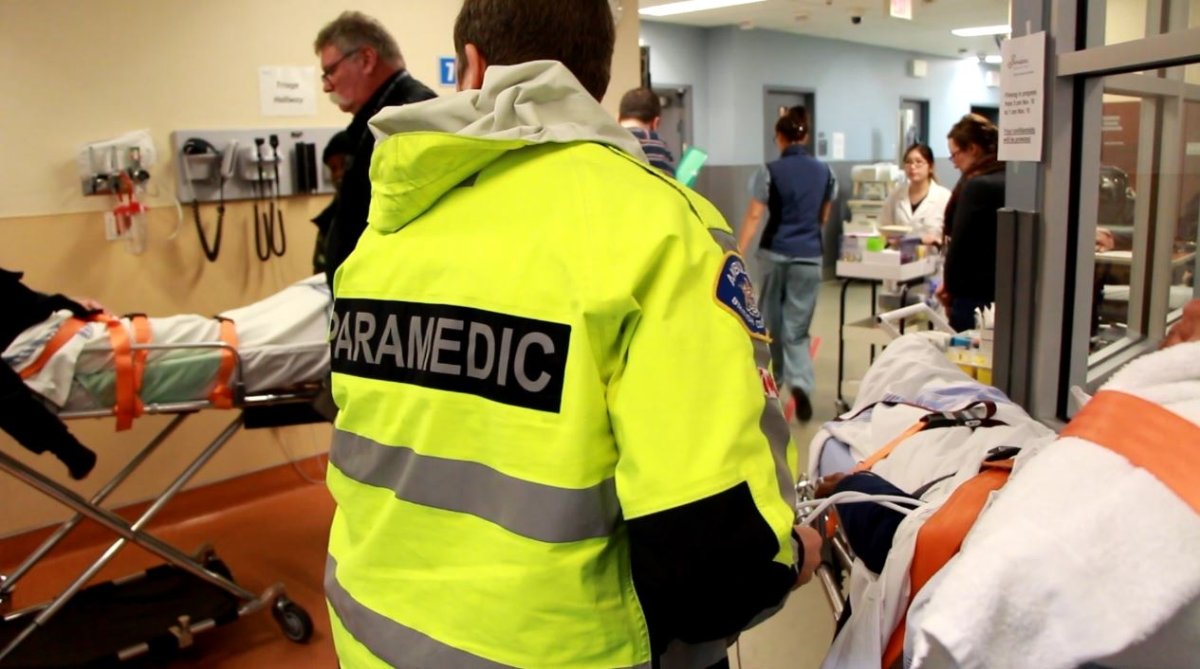B.C. has introduced new clinical guidance that could make it easier for people struggling with addictions to get access to safe drugs.

The measure, announced Thursday, is intended as an emergency stopgap amid two public health emergencies in the province: the opioid overdose crisis and the COVID-19 pandemic.
Earlier this week, advocates for drug users warned the pandemic had cut the supply of illegal street drugs, making them both harder to find and more expensive.
That raised concerns both of a spike in overdoses and in possible COVID-19 transmission as drug users hit the streets to try and find a hit.

“We’re dealing with one public health emergency on top of another, and the challenges are unlike anything we’ve ever seen,” said Judy Darcy, Minister of Mental Health and Addictions.
“Physical distancing is not easy when you are living in poverty, visiting a clinic every day to get your medicine and relying on an unpredictable, illegal drug supply. This guidance will make it easier for at-risk people to meet the requirements of distancing while avoiding other serious risks to their health and to the health of the community.”

The guidance makes use of recent federal exceptions to the Controlled Drugs and Substances Act.
It outlines how prescribers, pharmacists and care providers can “support the provision of medications – including safe prescription alternatives to the illegal drug supply – to be delivered directly to patients, along with telemedicine for clinical assessments.”
To be eligible to access those drugs, people would need to meet a trio of conditions.
They will need to either have a confirmed or suspected case of COVID-19 or be at risk for infection, have a history of substance use, and be at high risk of withdrawal or overdose.
The guidelines are not meant to act as a treatment for substance use disorders, according to the guidance, but instead to support efforts at social and physical distancing during the pandemic.
The new guidance was developed by the BC Centre on Substance Use.
The province says people who believe they are eligible should contact their doctor or nurse practitioner or a rapid access addiction clinic.





Comments